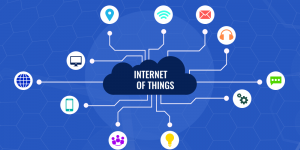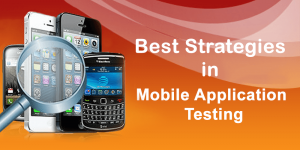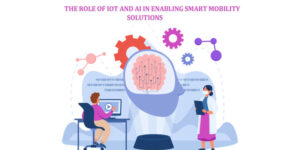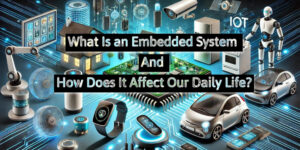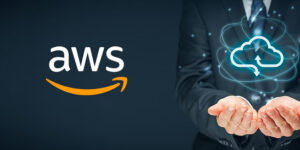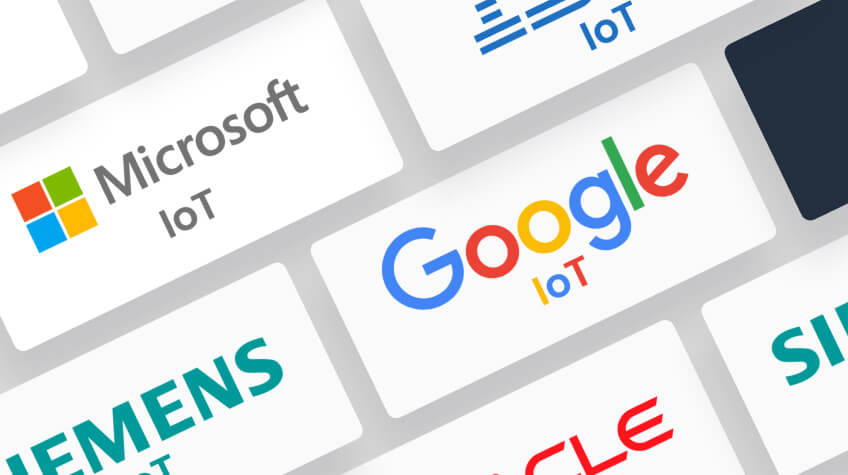
IoT (Internet of Things) has revolutionized different sectors by collecting and exchanging data through an interconnected network. In simple terms, the “Internet of Things” (IoT) describes the network of physical objects, cars, home appliances, and other things that are networked and have sensors, software, electronics, and network connectivity incorporated in them so they can trade and gather data. So, the cloud-based infrastructure that is responsible for connectivity, management, and analysis of Internet of Things (IoT) devices is known as an IoT cloud platforms.
IoT cloud platforms support connectivity and management of varied IoT devices including sensors, actuators, and gateways. Data collection and storage are also done by an IoT cloud platform securely and efficiently. These platforms can apply analytics methods to gather insightful information from the gathered data. IoT platforms also support the integration of IoT devices with other systems. These platforms facilitate the development of Internet of Things (IoT) services and apps that make use of the gathered data.
IoT cloud platforms are loaded for security, scalability, reliability, and flexibility. However, several types of IoT cloud platforms are available with enhanced features. Read this article to learn about the top 10 Cloud platforms.
List of the Top 10 Cloud Platforms
As several IoT cloud platforms are available with enhanced scalability, security, and other features, choosing the best platform is crucial for the success of an IoT project. Here are some top considerations when it comes to the best IoT cloud platforms.
1. Amazon Web Services (AWS) IoT
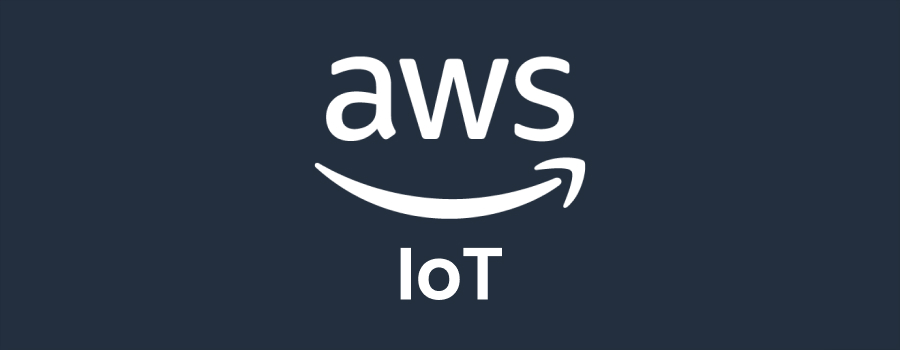
AWS IoT has gained a credible reputation in the cloud computing market and is known for its security and reliability. Amazon is proudly offering a diverse range of cloud IoT services and effectively manages countless industrial, commercial, consumer, and automotive devices. This platform is best for large-scale IoT deployments as it promises security, scalability, and reliability.
Key Features of AWS IoT Cloud Platform
- AWS offers a safe method for devices to use the HTTP and MQTT protocols to connect to the cloud.
- It enables scalable and dependable connectivity between apps and devices.
- The platform is capable of synchronizing and saving device status data to provide real-time updates and control.
- The platform provides access to technologies for mass device registration, organization, monitoring, and remote management.
2. Microsoft Azure IoT Hub
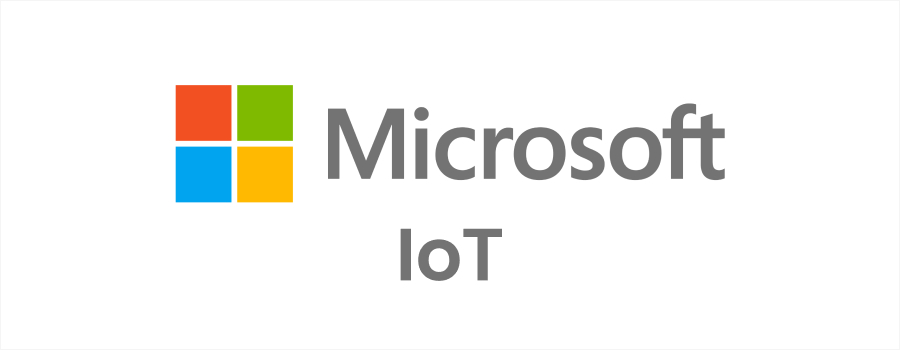
Azure IoT Hub by Microsoft is known for flexibility as it allows one to connect, monitor, provision, and configure IoT devices easily. The cloud platform is regarded for supporting Billions of devices and is ideal for IT solutions that require high performance and scalability. Flexibility and low latency are the highlight features of this IoT cloud platform.
Key Features of Azure IoT Hub
- The flexible cloud platform enables MQTT, AMQP, and HTTP protocols to be used for dependable and secure communication between devices and the cloud.
- It supports dependable and effective communication between apps and devices.
- The platform empowers IoT data to be processed locally at the edge, lowering latency and enhancing data privacy.
- A user can enjoy a managed service to gather, arrange, and examine time series data from the Internet of Things.
3. Cloud IoT Core by Google
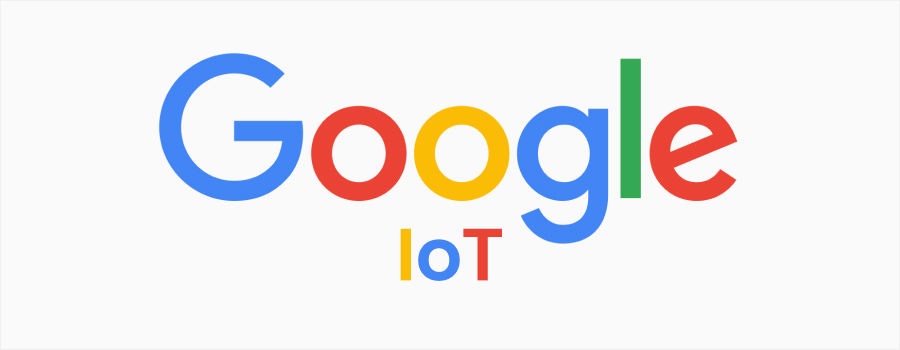
Google Cloud IoT Core is another best platform that works perfectly with data-intensive IoT projects and machine learning applications. The cloud platform empowers a user to streamline data interchange between their cloud-based environments and linked devices.
Key Features of Cloud IoT Core
- A fully managed platform from Google Cloud provides a secure and scalable way to connect, monitor, and control IoT devices.
- It comes with a comprehensive set of features that help businesses build and manage IoT solutions efficiently.
- The core features include device connectivity, management, cloud functions, and device shadow.
- The platform also features a fully managed messaging service to send or receive messages between applications.
4. IBM Watson IoT Platform
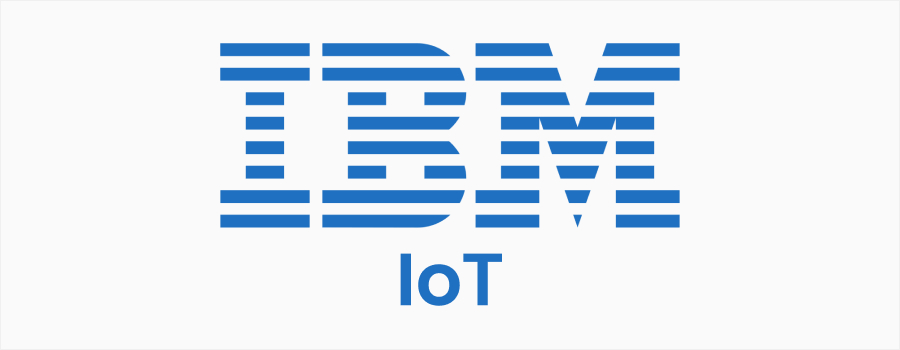
IBM Watson IoT Platform comes with a simple user interface to easily add and manage IoT devices. It allows us to control access and check usage effectively. The platform is perfect for IoT solutions that require AI and machine learning capabilities. The cloud platform is powered with advanced features including cognitive computing capabilities, data analysis, and predictive analytics.
Core Features of BM Watson IoT
- The cloud platform promotes secure and reliable communication between devices by MQTT, AMQP, and HTTP protocols.
- A user can remotely organize, register, control, and manage a device by using device management tools.
- The platform gives users the means to create and use machine learning models for data analysis and forecasting.
5. Oracle IoT Cloud
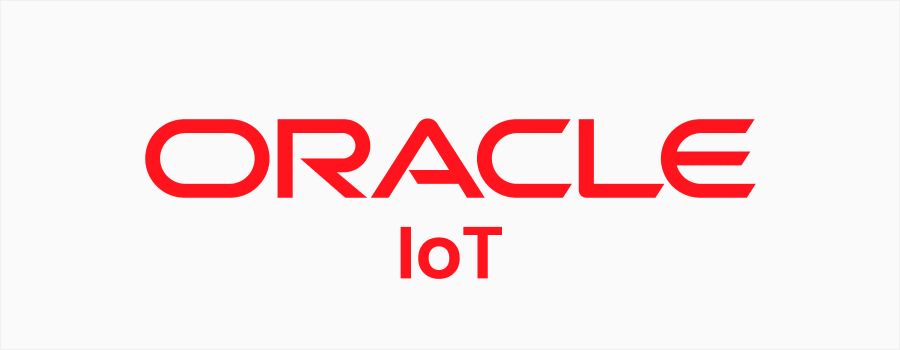
This is one of the leading IoT cloud platforms that enable businesses to connect, monitor, and manage IoT devices and applications with Oracle IoT’s all-inclusive platform. It offers several features to make it easier for businesses to develop and implement IoT solutions.
Key Features of Oracle IoT Cloud
The platform offers a smooth integration with Oracle’s database and enterprise applications.
Oracle IoT platform permits scalable and safe device provisioning. The platform makes it easier for data to enter the cloud from Internet of Things devices.
The platform offers scalable and safe storage for Internet of Things data. It allows for the processing and analysis of IoT data in real-time.
6. Siemens Insights Hub (MindSphere)
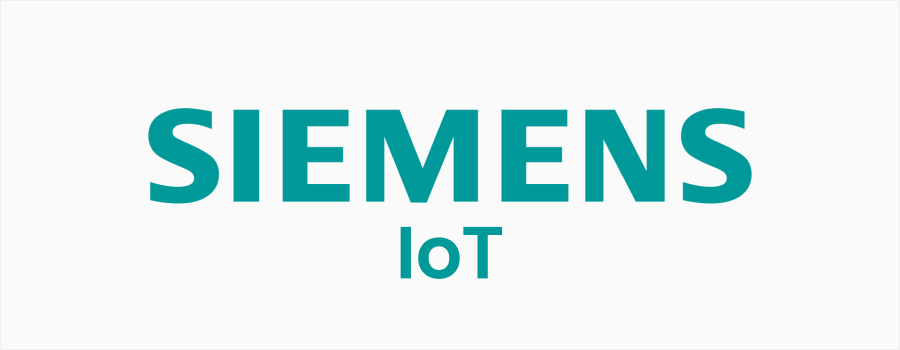
This platform is ideal for manufacturing, energy, and transportation industries. The IoT cloud platform is powered with features that include industrial IoT focus, asset management, and predictive maintenance.
Key Features of Siemens Insight Hub
- A range of IoT devices, including as sensors, actuators, and other linked devices, can be connected to Siemens Insights Hub.
- The platform is capable of batching or ingesting data in real time from IoT devices.
- Data preparation and cleaning methods are provided, as IoT data is frequently noisy or lacking.
- Promotes IoT data visualization by offering dashboards, time series charts, and geographic maps as alternatives for visualizing IoT data.
- Offers real-time monitoring and aids to keep an eye on data and IoT devices.
7. Salesforce IoT Cloud
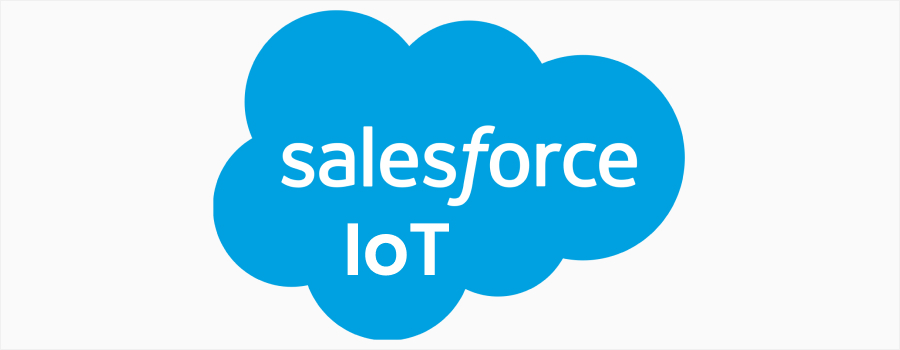
Another top IoT cloud platform that enables the storing and processing of IoT device data. The platform is equipped with comprehensive tools to connect, manage, and analyze IoT data. The cloud platform enables organizations to gain valuable insights and optimize their operations.
Key Features of IoT Cloud
The platform features effective device connectivity to a diverse range of IoT devices.
The cloud platform also supports real-time data ingestion from IoT devices.
Data ingestion and processing are supported by data cleaning, transformation, and enrichment.
The cloud platform offers sophisticated analytics tools for deriving actionable conclusions from Internet of Things data.
8. Bosch IoT Suite
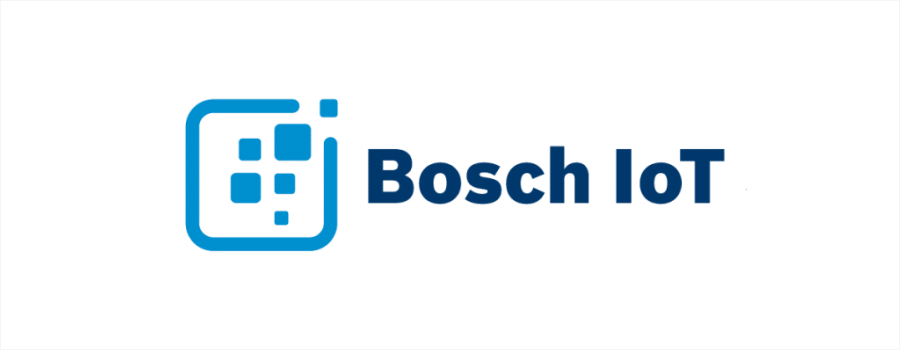
Enabling secure and reliable communication between IoT devices, Bosch IoT Suite is a comprehensive IoT platform that provides a range of features to help businesses build and manage IoT solutions.
Key Features of Boch IoT Suite
- The cloud platform enables MQTT, HTTP, and WebSockets protocols to be used for dependable and secure communication between devices and the cloud.
- It provides access to technologies for mass device registration, organization, monitoring, and remote management.
- Bosch IoT Suite makes it easier for data to enter the cloud from the Internet of Things devices. It also offers scalable and safe storage for Internet of Things data.
9. Particle Cloud
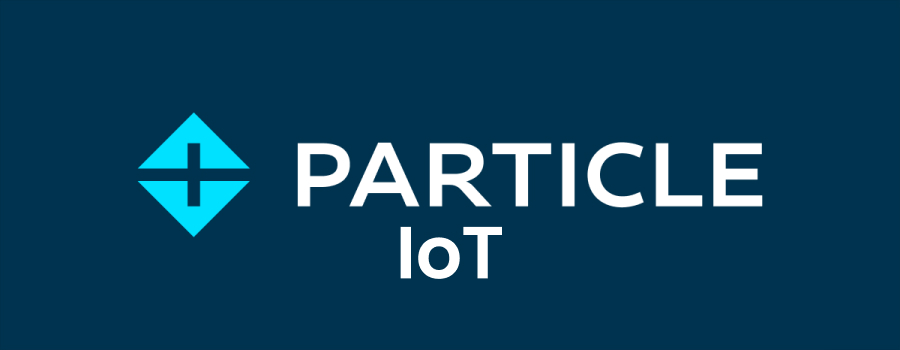
The cloud platform is known for its device connectivity and management. The cloud platform also assures enhanced security through varied measures including encryption, authentication, and access control.
Key Features of Particle Cloud
The platform is equipped to use cellular, WiFi, and Bluetooth protocols to support connectivity across varied devices.
The IOT cloud is regarded for its ability to seamlessly integrate with other cloud services and platforms.
Cost-effectiveness, security, and flexibility make it a preferred choice for varied businesses.
10. IRI Voracity
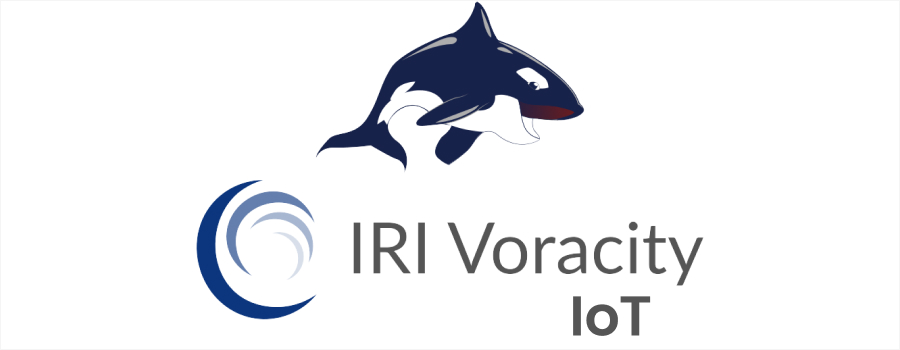
With a broad range of features for data intake, integration, and analysis, IRI Voracity is a potent data management platform. Large-scale data processing jobs can be handled by it with effectiveness and efficiency.
Key Features of IRI Voracity
- The cloud platform supports a wide range of data sources, including streaming data, files, databases, and APIs.
- The platform permits the fusion of data from several sources into a single data lake or warehouse.
Conclusion
In conclusion, IoT cloud platforms are designed to support the connectivity and management of diverse IoT devices. The platforms offer secure data gathering and processing. Equipped with advanced analytic features, these platforms also offer effective insights from the collected data. IoT cloud platforms also feature tools to ensure remote registration, monitoring, organizing, and management of IoT devices.

